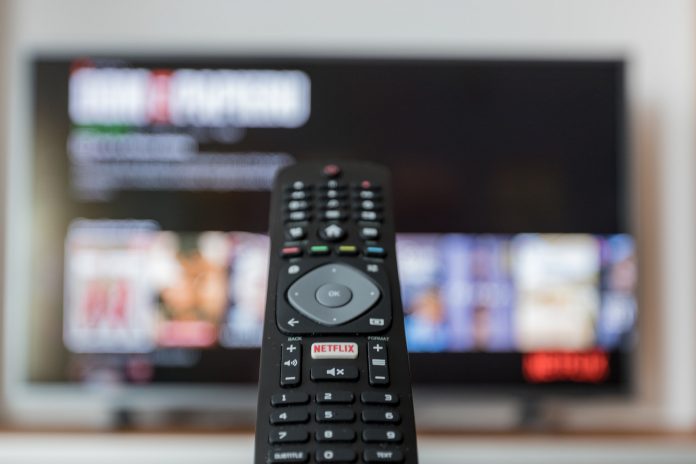An incredibly significant phenomenon welcomes us in both business and the actual world in the era of digital transformation. The IoT, the Internet of Things, is a concept that foretells a literal tech transformation. What is the Internet of Things, then? IoT is the interaction between machines that link them to the web and exchange information with one another. The IoT is the gateway to the next phase of industrialization, and material things will step into the virtual realm with this development.
The Internet of Things (IoT), which is now a common phenomenon as technology advances, will have a prominent function in our everyday lives, particularly with the introduction of 5G technology. However, there are a few obstacles and challenges that need to be addressed. In essence, devices or appliances with a variety of convenient functionality from basic to complicated have turned into smart devices that have logical and mathematical functions. Also, they can “speak” to one another as a result of the creation of several sensors and control interface equipment to help algorithms.
Throughout this technological innovation, though, the principles of security and protection are still among the most significant concerns that would need to be focused on. The problem that the smart devices described do not even have a standard design, algorithm or software does seem to be the greatest hurdle to the creation of a security measure that is applicable for all of them.
For this intention, it is assumed that if appropriate measures are not taken, the growing use of devices with “Internet of Things” technology and their placement in homes and workplaces would pave the way for cyberattacks and breach of data.
Regrettably, before accessing new markets, the technology sector neglected appropriate security measures for many times, which can be experienced again with IoT. There have been attacks on certain smart TVs and other smart home devices connected to the internet before. An existing protection technology such as encryption could be used for IoT in several instances. Encryption can help authenticate equipment and transfer sensitive information safely when smart devices are used with a VPN. As this extensive review on Surfshark that tells VPNs can guarantee the data security on your smart devices, can explain to you why you should use a VPN with IoT devices.
Where you should use VPN with IoT?
‘Smart Home Systems’ is the place where IoT-based devices show the largest proportion in the actual life. Among IoT applications, smart homes are the most common ones. All devices in the building, including lighting, home security, and flow of water from safe water taps, are controlled by a home automation system. It is also used in fitness and healthcare.Sleep patterns, blood pressure, physical activity logs, workout statistics, burned calories, etc. are included in IoT fitness apps to help you track your everyday activities.
For this purpose, to secure these networks where you transmit your valuable data every minute, you need to take the necessary precautions. You can build an additional protected layer of network for your smart devices by using a VPN.
IoT’s ability can bring excitement to build new businesses and increase efficiency and comfort, but protection should not be overlooked. IT experts understand very well that if anything is linked to the internet then someone always tries to hack this.
While VPNs are mostly used on company networks as a safe way to communicate, they can be used on devices to enable a safe machine-to-machine interaction. Stricter protection measures are certainly going to raise costs. For the lower risks, though, a higher price has to be paid. To ensure protection for your data, spending a little extra worth it.
Safely access all content on the Internet
Access all the content the internet offers without concern. Get all the stuff you want instantly and safely.
How to use a VPN for my smart TV?
You can connect to the broadcasting databases of Netflix, Disney +, and Hulu US this way. By activating your VPN app, you can do this, and enjoy the VPN on your smart TV.
Surfshark VPN and Different Devices
You can simultaneously connect an unrestricted number of devices to one profile and all main operating systems are supported. You can install it to your iOS or Android computer, as well as in the form of Chrome and Firefox extensions, and use it at macOS, Windows, Linux, and Fire TV Stick applications.
You can continue to surf the web via your mobile or tablet while watching Netflix on your smart TV.
All it takes to safeguard all simultaneous connections on multiple devices is one Surfshark membership.
While viewing Netflix on your smart TV, access Twitter on your mobile. And you do not need to think regarding your profile being signed out!


































